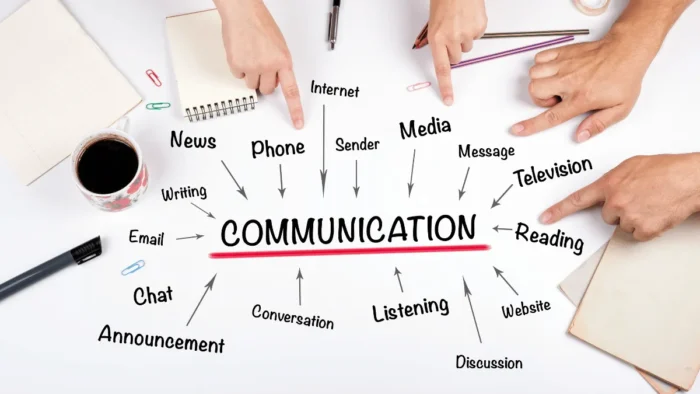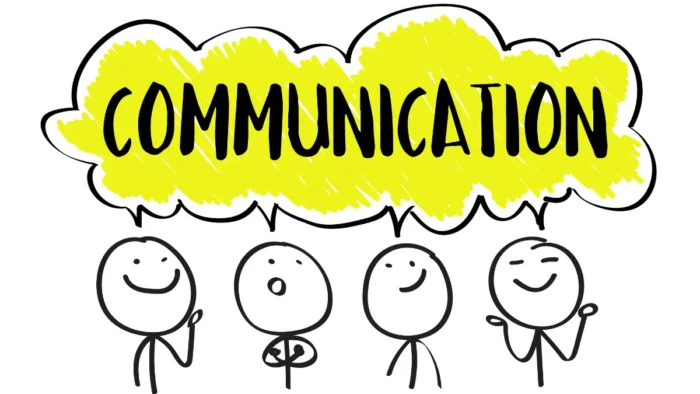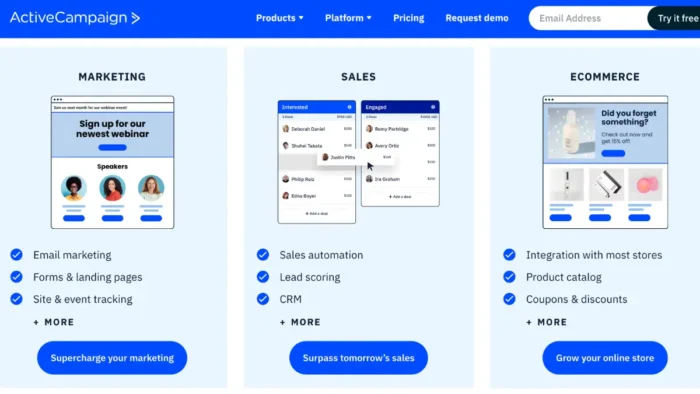In today’s interconnected world, effective communication is the lifeblood of any business enterprise. Technology has revolutionized communication, bringing various tools and platforms that enhance efficiency, foster collaboration, and strengthen relationships.
This article aims to explore and explain various types of communication technology crucial for every company’s success in this digital age. From cloud-based systems and video conferencing tools to instant messaging apps and Customer Relationship Management (CRM) software, let’s delve into these transformative technologies and their profound impact on business communication.
VoIP PBX Systems
Voice over Internet Protocol (VoIP) Private Branch Exchange (PBX) systems form the backbone of modern business communication. This technology allows you to make calls over the Internet, reducing the cost of long-distance communication and providing a suite of features like call routing, voice mail, and auto-attendants.
In fact, VoIP enabled PBX systems have become so effective that they are now an integral part of day-to-day communication across industries. Especially in today’s work-from-home environment, VoIP PBX systems provide a secure, reliable way to communicate across multiple devices and stay connected with team members.
Related: 5 Communication Tools You Can Use With Clients
Instant Messaging Apps
Platforms like Slack and Microsoft Teams facilitate real-time team communication, promoting collaboration and instant problem-solving.
From private discussions and group conversations to the ability to share documents and multimedia files, instant messaging apps have revolutionized internal communication. Moreover, these platforms can help your business provide chat support, ensuring customers’ queries are addressed in real-time. Most importantly, they are incredibly user-friendly and require minimal setup. So, this makes them ideal for any company’s needs.
Video Conferencing Tools
Solutions like Zoom and Google Meet allow face-to-face conversations irrespective of location, making remote work feasible and practical. Video conferencing tools enable you to efficiently conduct virtual meetings, brainstorming sessions, customer demos, and product presentations. Further, video conferences will allow your team members to build relationships and increase engagement. Most of these platforms come equipped with features such as screen sharing and breakout rooms, which further enhance the productivity of your remote teams.
Cloud-Based Communication Systems
Services like Google Workspace and Office 365 offer a range of communication tools – email, chat, and video conferencing, all integrated into a single platform.
Cloud-based systems are particularly beneficial for companies working with distributed teams, ensuring seamless collaboration despite geographical boundaries. Moreover, cloud-based solutions provide storage space for essential documents and enable remote document sharing among team members. Above all, these services offer unparalleled scalability, making them the perfect choice for your company when you start experiencing rapid growth.

Customer Relationship Management (CRM) Software
Tools like Salesforce and Zoho CRM can help you communicate more effectively with your customers, track their preferences, and optimize your sales efforts.
CRM software centralizes customer data, facilitates lead generation, and simplifies referral tracking. Furthermore, these solutions can help you create personalized outreach campaigns for potential customers and maintain stronger relationships with existing ones. Thus, a CRM platform lets you establish a powerful connection with your customers and build long-term loyalty.
Social Media Platforms
Many companies use LinkedIn, Facebook, and Twitter to engage with customers, gather feedback, and enhance brand visibility.
Social media platforms allow you to humanize your brand and create meaningful customer relationships. Moreover, these platforms offer diverse opportunities to promote your products and services. You can also use these platforms to share relevant content, build an active community, and increase customer loyalty to your company.
Project Management Tools
Applications like Trello and Asana help streamline project communication and progress tracking among your team members. Project management tools provide an easy-to-use platform for your company to collaborate, delegate tasks, and prioritize projects. Further, these solutions let you stay organized and easily track your progress.
Project management tools also offer features like automated notifications, which help teams stay on top of their workflows.
Despite the rise of various communication tools, email remains a fundamental business communication channel, particularly for formal and external communication. It allows you to maintain a written record of all conversations, making it easy to refer back and effectively resolve customer issues.
Additionally, email offers you a variety of powerful features, such as the ability to attach files, set up automated responses, and schedule emails in advance.
Conclusion
In conclusion, effective communication is key to any business’s success. With the right combination of communication technology, you can streamline internal and external communications, increase engagement, and improve customer relations.
From VoIP PBX systems to project management tools and social media networks, the right technology can help you ensure smooth business operations and stay ahead of the game. It is, therefore, essential for you to invest in the best communication solutions that suit your needs and budget.
Researching all the available options, understanding their features, and implementing a communication system that meets your requirements can bring considerable benefits in terms of cost savings, efficiency, and productivity.





